WHITE PAPER | The government today tabled a White Paper on the sustainability of Felda in the Dewan Rakyat which, among others, detailed several questionable deals that have pushed the organisation's finances to a critical state as it struggles to pay settlers.
Starting out as an entity to help poverty-stricken bumiputera through plantation schemes, Felda, under the stewardship of former Umno vice president Mohd Isa Abdul Samad, went on a global splurging spree through its investment arm Felda Investment Corporation Sdn Bhd (FIC).
Here are a list of those questionable deals and a summary of what went wrong, according to the White Paper. They are based on a forensic audit by the firm Ernst & Young.
1. Grand Plaza Kensington: FIC paid RM75m, got RM20,500 worth in return
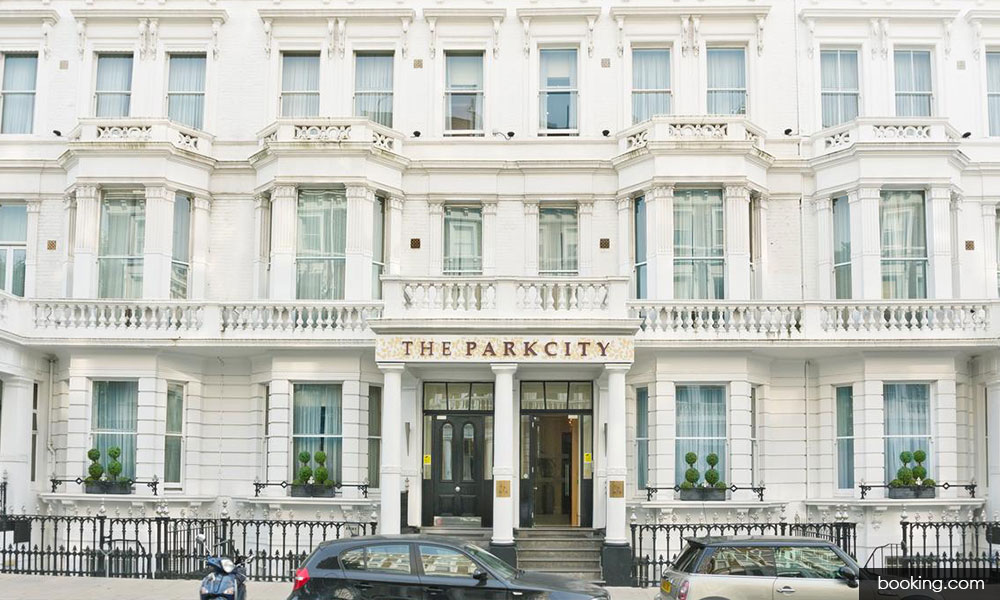
Park City Grand Plaza Kensington is a hotel located in central London, which FIC claimed it purchased for 60 million pounds (RM321 million) in 2014.
In reality, the hotel was purchased for 46 million pounds (RM246 million) and the remaining 14 million pounds (RM75 million) was for the benefit of certain individuals through a structure designed to make it appear as though FIC paid 60 million pounds for the hotel.
For starters, no agreement existed between the seller of Park City Grand Plaza Kensington and FIC.
Instead, a Malaysian-owned British Virgin Islands (BVI) company, referred to as "Company I" in the White Paper, purchased the hotel for 46 million pounds on Sept 12, 2014.
Subsequently, this unnamed Malaysian then transferred the shares of Company I worth US$5,000 (RM20,500) to two FIC directors at the time for 14 million pounds on Oct 13, 2014.
The ownership of the Park City Grand Plaza Kensington (purchased for 46 million pounds) and Company I shares worth US$5,000 (purchased for 14 million pounds) was only transferred to FIC in 2015, after its name was changed to FIC London Hotel (Private Limited).
This was despite FIC claiming in its financial statement that those assets were already in its possession since 2014.
"FIC suffered 14 million pounds losses from buying Company I shares which were in the name of two former (then) FIC directors without the FIC board's approval for 14 million pounds, even though it was only worth US$5,000.
"Following the questionable purchase, FIC has lodged a report with the MACC for further investigation," it said.
Furthermore, a 2015 valuation found that the value of the Park City Grand Plaza Kensington had slid to 26 million pounds (RM139 million).
The purchase was never tabled for approval by the main Felda board. It was only informed by FIC three months later.
2. Grand Plaza Service Apartments - RM76.5m goes missing
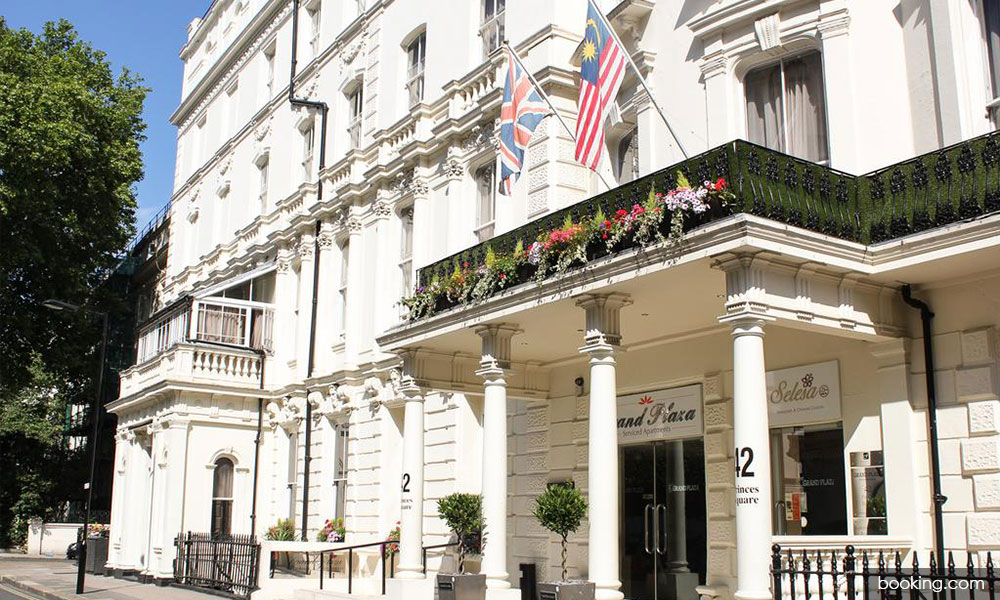
FIC, through FIC UK Properties Sdn Bhd (FUPSB), purchased the four-star Grand Plaza Serviced Apartments from one "Company D" and its sister operator "Company E" for 98 million pounds (RM524 million) on July 31, 2013.
However, upon checking Company D's financial reports, which also included details of Company E, it was discovered the two companies only received 83.7 million pounds (RM448 million).
"This means that the difference of 14.3 million pounds from the transaction cannot be traced," said the White Paper.
Since then, the Grand Plaza Serviced Apartments' performance had deteriorated, causing FUPSB to maintain its operations at a loss.
It also meant that FUPSB was unable to repay the loan it got from Felda as an advance for purchasing the real estate. FUPSB was later forced to take out a 48 million pounds (RM257 million) loan from a financial institution to repay Felda.
To date, Felda foots RM19.82 million in losses a year to operate the Grand Plaza Serviced Apartments.
3. Eagle High - No guarantee of recovering RM2.07b
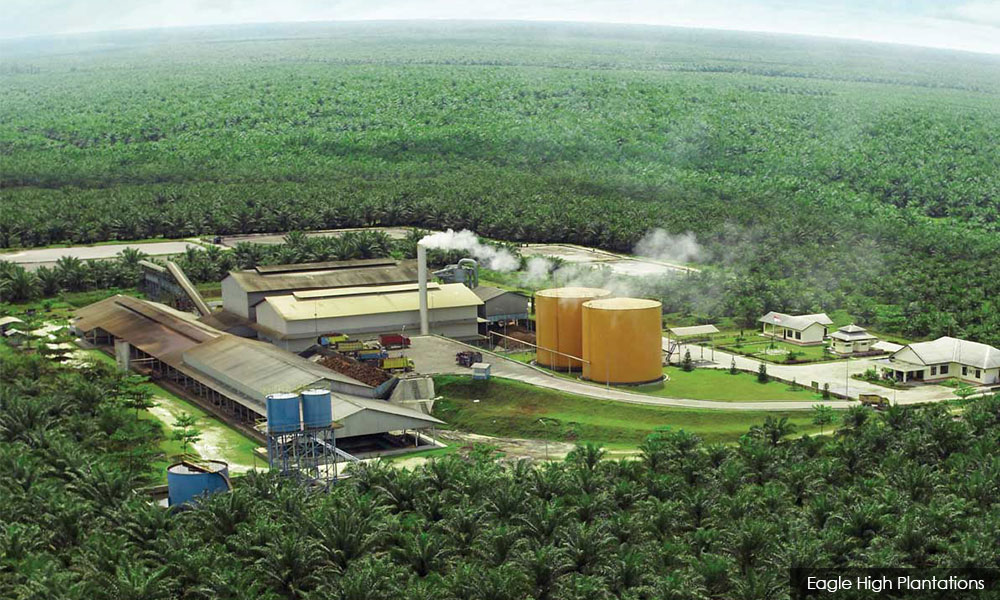
In December 2015, the Felda board approved the purchase of "exchangeable bonds" that later became a 37 percent stake in Indonesia's Eagle High Plantations Tbk (EHP) for US$505.4 million (RM2.07 billion). The sales and purchase agreement was signed on Dec 23, 2016.
The purchase was made through FIC Properties Sdn Bhd (FPSB) from a "Company A1" as referred by the White Paper.
It noted that the Finance Ministry, at the time led by former prime minister Najib Abdul Razak, was also involved in the deal by providing "strategic advice and suggestions on investment structure".
The purchase price of US$505.4 million meant Felda was buying the EHP stake at US$0.043 per share, even though they were worth US$0.0098 on the open market at the time the board first gave its approval.
In other words, the shares had an open market value of just US$115.2 million (RM472 million).
"This meant that Felda agreed to buy the EHP share at 344.12 percent higher than the shares' market price at the time," said the White Paper.
Furthermore, it said all of EHP's shares had been used by Company A1 as collateral for loans from Credit Suisse.
It added that Bank Negara Malaysia had also raised questions about the deal.
"Despite knowing the risks involved, the Felda board of directors approved the investment without additional due diligence and without justification in the meeting minutes over the rationale of the decision," it said.
However, the deal also included an option that would allow Felda to recoup the full US$505.4 million, on top of a return of six percent per annum.
Najib had used this as a defence against critics of the deal, uploading the White Paper's acknowledgement of the put option on Facebook, which he highlighted in red.
Ironically, in the paragraph immediately after, the White Paper said there was no evidence that Felda had carried out a credit risk evaluation of Company A1 to ensure that it is capable of repaying in the event Felda exercised the put option.
The White Paper also noted that Felda received a corporate guarantee of US$371 million from a "Company A2" on the purchase the EHP shares, but again, it did not conduct a credit evaluation.
It said a forensic audit found Company A2 to be only worth US$343.8 million, despite the US$371 million guarantee.
4. Vertical City: Felda risks RM1.5b in losses
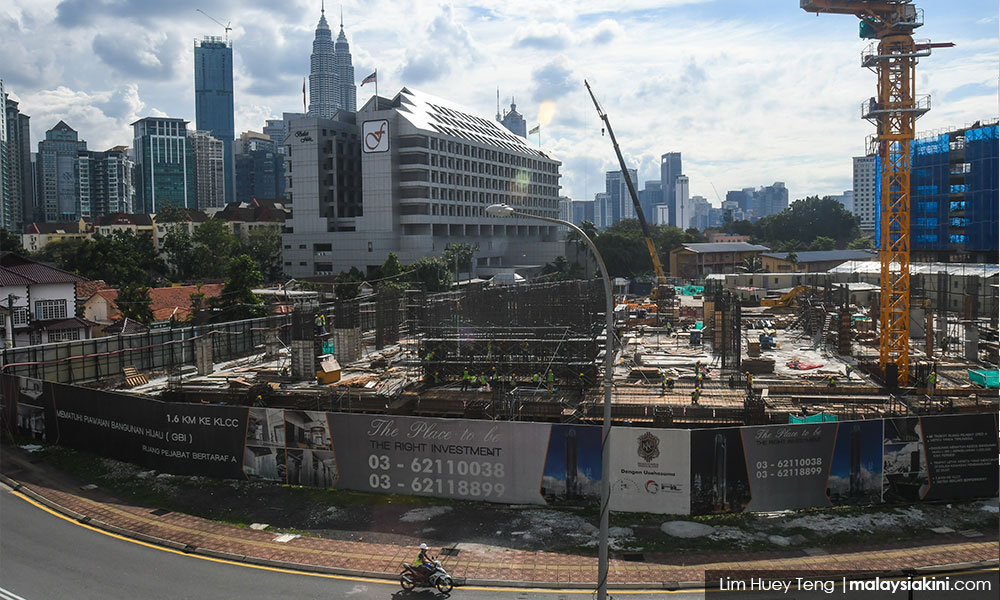
The Kuala Lumpur Vertical City (KLVC) is a proposed integrated development on Felda's 20-acre land along Jalan Semarak, Kuala Lumpur.
FIC entered into an agreement with what the White Paper called "Company F" for this development.
In 2017, it was widely reported that Company F, after receiving power of attorney, proceeded to sell Felda's land to itself and another "Company G" between Dec 2, 2015 and Nov 7, 2016 without Felda's knowledge.
The White Paper provided further insight into the scandal, stating that the FIC management had knowledge of the matter since July 2016, but did not take any action. The Felda board only discovered the matter eight months after the transaction.
Representing Felda without its knowledge of the sale, Company F priced the land at RM270 million even though it was valued at RM618 million.
Furthermore, it asked for 10 percent of the RM270 million sale price to be paid to Felda, while the remaining 90 percent would be pocketed by Company F.
The sales and purchase agreements, organised by Company F, claimed Felda had no intention to appoint its own lawyers.
Apart from the land controversy, Felda had also agreed to rent 700,000 square feet of office space for 20 years in the development by Company F, even though its needs can only fill up 3.6 percent of the space.
"The lease agreement caused FIC to be exposed to the risk of suffering losses in rental income of at least RM1.5 billion over 20 years," it said.
5. Grand Felda House: How to make RM31m in 2 weeks
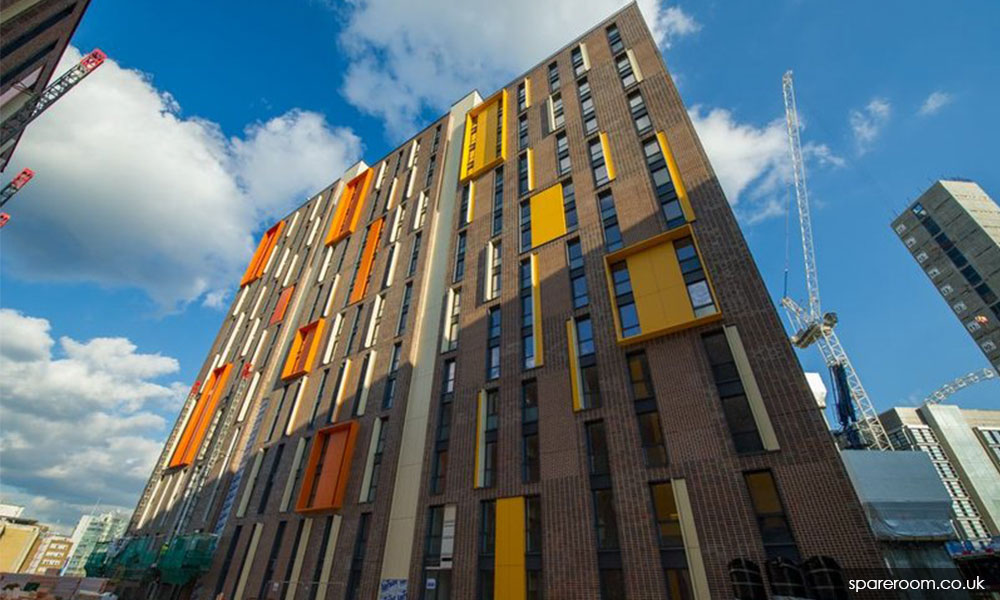
In September 2014, the FIC board agreed to purchase the 450-room Dexion 1 and 802-room Dexion 2 properties in Wembly, London, which were renamed as Felda House and Grand Felda House respectively. They were to be turned into student hostels.
FIC, through FIC Global Limited (FGL), bought Grand Felda House for 24 million pounds (RM128 million) from a "Company K" on Oct 13, 2014.
However, Company K had just bought the property for 17 million pounds (RM91 million) 13 days earlier on Sept 30, 2014.
As for Felda House, FGL bought the property for 10 million pounds (RM53.5 million) from a "Company J" on Oct 13, 2014.
Company J bought the same property for 4.35 million pounds (RM23.3 million) just 16 months earlier on July 1, 2013.
This was on top of a further 48.5 million pounds and 85.26 million pounds in development cost for Felda House and Grand Felda House respectively, in which Company K was engaged as the contractor.
Apart from the questionable purchase, there were also issues in the company structure.
FGL - FIC's holding company for the assets - was previously known as Treax Innovation Limited (TIL).
It was set up by two then FIC directors, but the White Paper said there was no evidence those directors owned TIL as nominees of FIC.
FIC only took over the holding company after it was renamed as FGL. The shares cost US$50,000 (RM205,000).
Similar to the other abovementioned deals, the deals were not approved by the main Felda board, which was only informed three months later.
6. Dataran Aras: Felda spends RM148m on land it can't use
Dataran Aras Sdn Bhd (DASB) was a plantation company in Limbang, Sarawak that could not get its operations off the ground even three years after it was set up in 2007.
However, Felda decided to take over DASB from its owners, who were not named in the White Paper, for RM148.2 million. This includes 10,907 hectares of land that the company owned in Limbang.
Felda purchased the land intended for an oil palm plantation without conducting due diligence. It was later revealed that 54 percent of the land were reserved under native customary rights (NCR).
The Felda management did not inform the board about the NCR status despite having conducted a site visit.
According to the White Paper, an independent valuation found that if the NCR status were to be factored in, it would only be worth a third of the purchase price, at RM50.9 million.
The apparently lopsided deal did not end there as Felda had also entered an agreement with the original owners of DASB, which allowed them to appoint a company to log the area without payment to Felda from 2011 to 2013.
The original owners then sold their logging rights to a third party for RM400,000.
7. Felda Wellness: RM244k spent on director's son
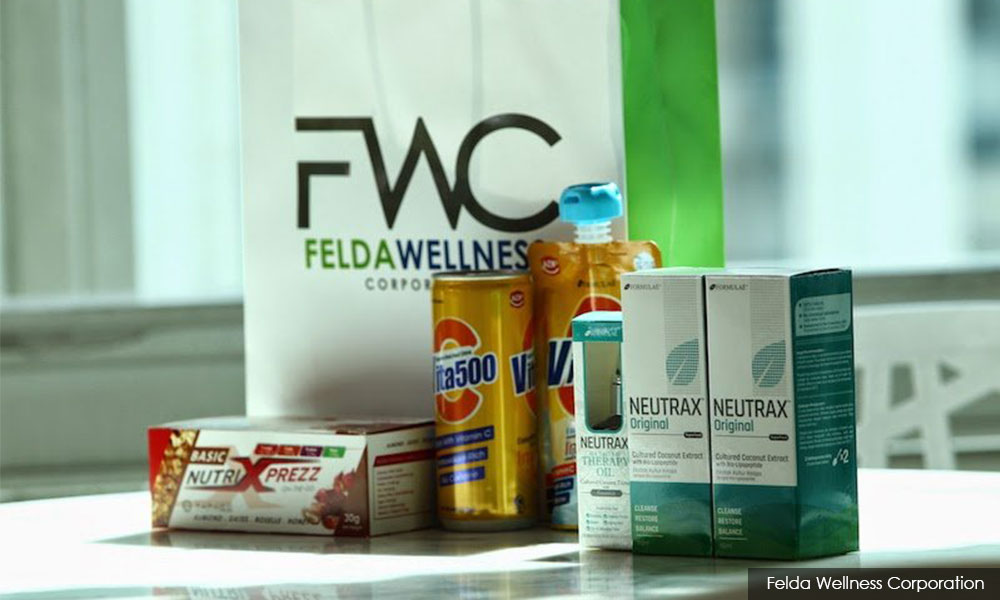
Felda Wellness Corporation Sdn Bhd (FWC) is a subsidiary of FIC specialising in the bio-pharmaceutical industry.
However, it engaged in questionable practices, including having the son of a then FWC director appointed to an Australian company in which FWC had invested.
FWC spent RM244,000 for the expenses and salary of the son, who was appointed as a financial manager.
Other issues include FWC investing RM24.1 million in a US and Australian company without Felda's or FIC’s approval. The US and Australian companies were only a year old.
FWC also granted 19 contracts worth RM119.6 million without a tender and made at least RM46.01 million in payments to companies without evidence that actual work had been done.
FWC was established in 2013 and was wound-up in 2017 after failing to meet debt obligations.
8. Grand Borneo - Felda buys debt-ridden and loss-making hotel
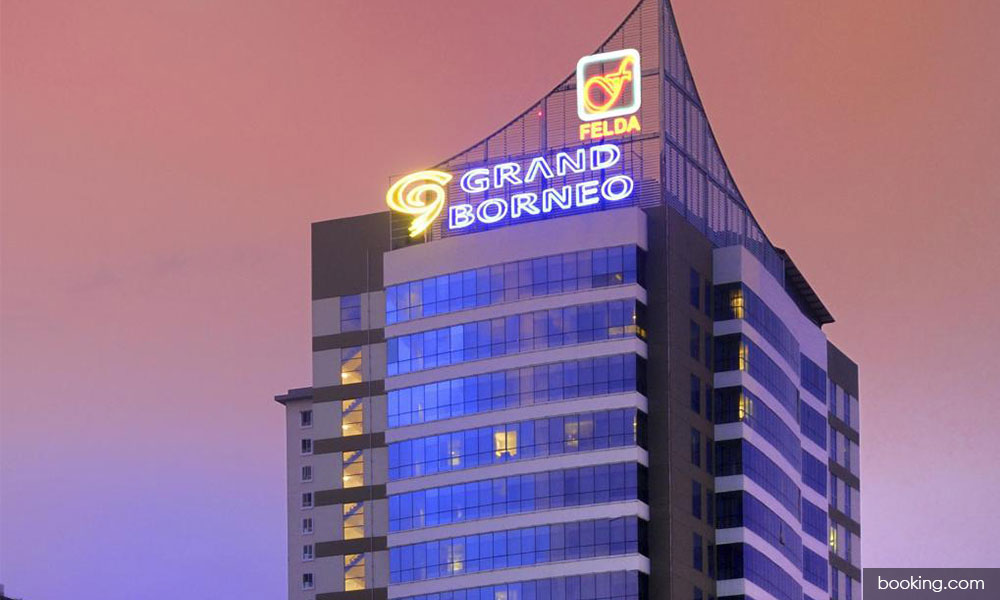
On May 28, 2013, Felda inked a deal to take over Grand Borneo Hotel Sdn Bhd for RM86.4 million.
However, the White Paper said the market value at the time was actually RM78 million, meaning Felda overpaid by RM8.4 million.
The deal proceeded despite a due diligence report showing the company was facing serious cash flow problems and had been suffering losses since 2010, with an accumulated loss of RM18.3 million as of 2011.
It also noted the property had been used as collateral for various loans.
RELATED REPORTS
PM: Action will be taken against Najib for Felda White Paper leak
'I smelled rat' - BN MP flings rodent at Najib's Eagle High deal
Felda's RM2b at risk: Azmin schools Najib on 'put option'
Felda HQ is 'jammed' with 100 new cars, claims Anwar
Dr M: Why weren't Felda proposals raised with ‘Bossku’ during BN era?
To revive Felda, gov't needs to pour in RM6.23b
Azmin: MO1 sped up Eagle High deal

